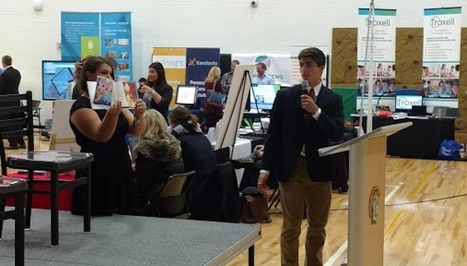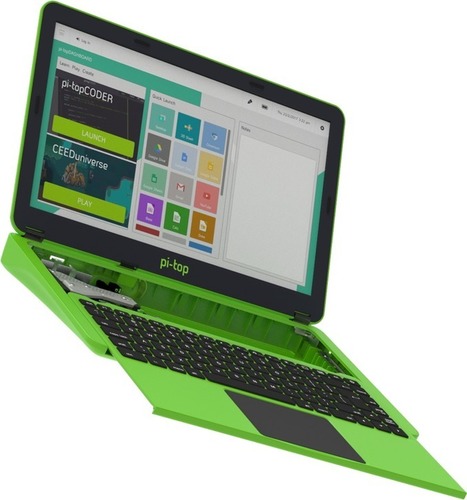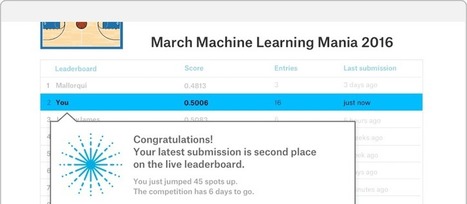The World Economic Forum shared the Future of Jobs report in 2018 that provided a list of the growing skills for 2022. Here are the top 10:
- Analytical thinking and innovation
- Active learning and learning strategies
- Creativity, originality, and initiative
- Technology design and programming
- Critical thinking and analysis
- Complex problem-solving
- Leadership and social influence
- Emotional intelligence
- Reasoning, problem-solving, and ideation
- Systems analysis and evaluation
If we look at these 10 skill areas, what types of learning experiences or learning spaces can we create for our students that can address most if not all of them? Looking at these skills individually and thinking about the nature of our work, it can seem overwhelming. However, there are some simple ways to create a space where students can build all of these skills and more.
Here are six ideas to try that can help to address these skills:
1. Project-based Learning (PBL)
2. Coding
3. STEAM and Makerspaces
4. Place-based
5. Genius Hour
6. Student-Led PD or Teacher for a Day
Learn more / En savoir plus / Mehr erfahren:
https://www.scoop.it/t/21st-century-learning-and-teaching/?&tag=Grit
https://www.scoop.it/t/21st-century-learning-and-teaching/?&tag=Growth+Mindset
https://gustmees.wordpress.com/2015/05/13/andragogy-adult-teaching-how-to-teach-ict/
https://gustmees.wordpress.com/2017/08/25/adventures-of-learning-how-does-it-happen/
https://gustmees.wordpress.com/?s=life+long+learning



 Your new post is loading...
Your new post is loading...











The World Economic Forum shared the Future of Jobs report in 2018 that provided a list of the growing skills for 2022. Here are the top 10:
- Analytical thinking and innovation
- Active learning and learning strategies
- Creativity, originality, and initiative
- Technology design and programming
- Critical thinking and analysis
- Complex problem-solving
- Leadership and social influence
- Emotional intelligence
- Reasoning, problem-solving, and ideation
- Systems analysis and evaluation
If we look at these 10 skill areas, what types of learning experiences or learning spaces can we create for our students that can address most if not all of them? Looking at these skills individually and thinking about the nature of our work, it can seem overwhelming. However, there are some simple ways to create a space where students can build all of these skills and more.
Here are six ideas to try that can help to address these skills:
1. Project-based Learning (PBL)
2. Coding
3. STEAM and Makerspaces
4. Place-based
5. Genius Hour
6. Student-Led PD or Teacher for a Day
Learn more / En savoir plus / Mehr erfahren:
https://www.scoop.it/t/21st-century-learning-and-teaching/?&tag=Grit
https://www.scoop.it/t/21st-century-learning-and-teaching/?&tag=Growth+Mindset
https://gustmees.wordpress.com/2015/05/13/andragogy-adult-teaching-how-to-teach-ict/
https://gustmees.wordpress.com/2017/08/25/adventures-of-learning-how-does-it-happen/
https://gustmees.wordpress.com/?s=life+long+learning